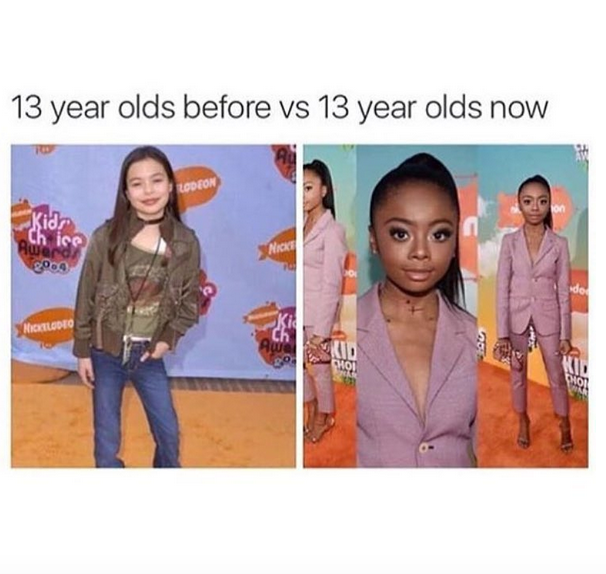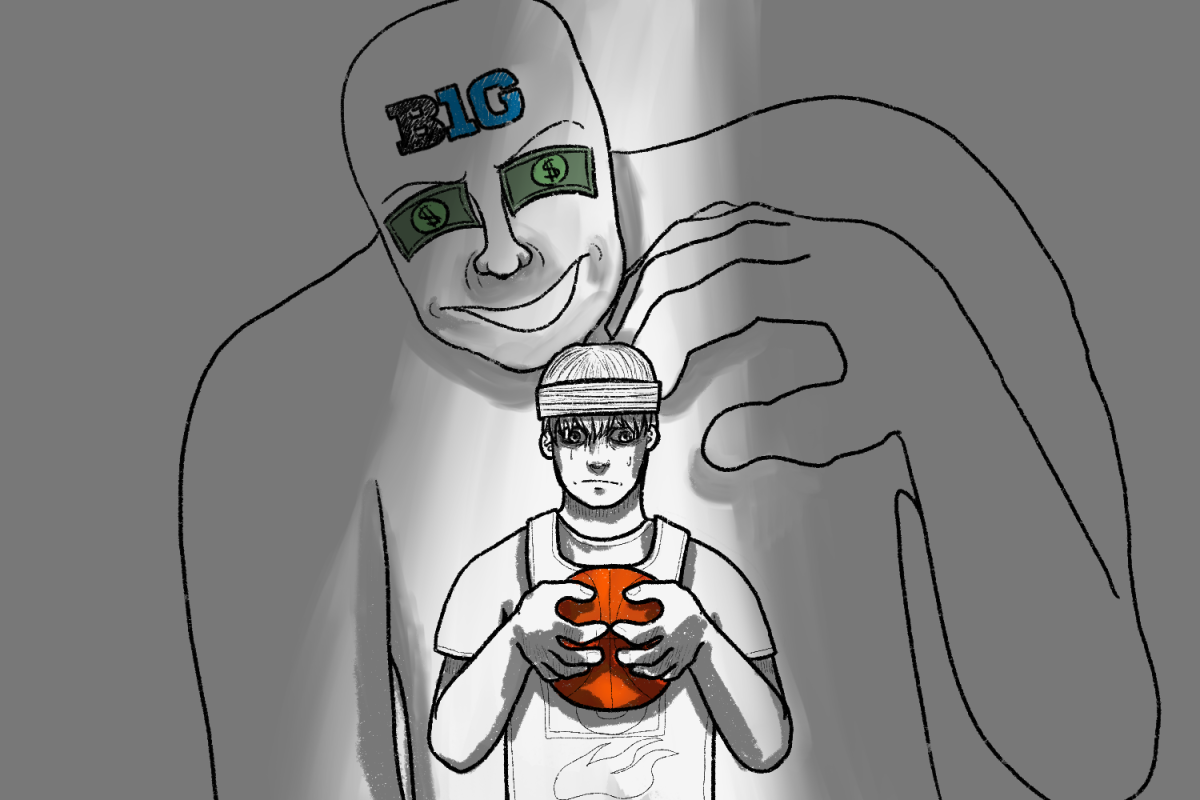Oiled and tanned, men’s muscles ripple in the sunlight. Women’s hair blows sensuously in an artificial wind, reminiscent of a Pantene commercial. Their makeup is flawless, because apparently guys are the only ones who sweat. The construction site is full of tools. But this time, they’re living and breathing.
The music video of Fifth Harmony’s new single “Work From Home” objectifies both men and women. The lyrics and visuals focus entirely on a person’s sex-appeal and stereotype everyone by relegating them to their most base qualities. A typical pop music video of today, “Work From Home” reminds us how much modern entertainment has corroded human value.
The number of pop songs today that are dedicated solely to using a woman’s or man’s body for less-than-honorable purposes is appalling. They force women to believe that their only purpose is submission to men and men to accept a role as sex-crazed animals.
Pop music teaches women that they have no purpose until they hitch themselves to a man. “Prettier” girls are told that they can marry for money. Rarely do songs mention that women should value themselves and find a man who values them. Nor do they address the possibility that not everyone is heterosexual.
For men, pop music tends to pigeonhole them into a characterization dominated by their sex drive. Men are assumed to all have an insatiable obsession with sex.
In women’s case, their role is to look pretty for men or satisfy their obsession with sex.
There are females who will address this common assumption through their music. However, there is a growing tendency for female artists to degrade themselves instead, digging a deeper hole into which quasi-feminists can tumble.
We might expect it from a rapper like Jason Derulo, who sang “Wiggle,” a song that epitomizes female subjugation. But when a champion of self-confidence like Meghan Trainor focuses on one specific part of a woman’s anatomy as the deciding factor of her worth, as she did in “All About That Bass,” she validates the objectification of women.
How will there ever be gender equality when women are attacking themselves?
The women who partake in sadomisogyny perpetuate the idea that women cannot accomplish the same things that men can, that their role is only to please men sexually.
It’s scary enough that this occurs, but what’s even scarier is the number of followers these artists have amassed. Fifth Harmony ranked high in iHeartRadio Music Award’s 2016 Best Fan Army. This means that there is no shortage of listeners exposed to the misguided morals of modern music.

These songs also err when they use derogatory terms towards either women or men in their lyrics. If someone were to say those lyrics out of the context of music, they would probably get punched in the face.
Imagine saying the lyrics to Britney Spears’ “Work B**ch” out loud. “You want a hot body? You want a Bugatti? You want a Maserati? You better work b***h … Now get to work b***h!” Almost anyone around to hear would take offense. But because what she says is in the context of a song, Spears gets away with it.
The word “b***h” is commonly thrown around in pop music and seems to be the choice term for degrading women. It now carries a highly offensive connotation and associates assertiveness in women with arrogance. Yet it is still used everywhere: from music to school hallways. Spears was probably unaware of all of the implications of the word, and many of us are too.
We’ve become desensitized to the obscenities of pop music, blinded even, partially because we’ve forgotten the role music plays.
BritneySpearsVEVO
The function of music is twofold. It’s first purpose is to make the listener feel good. It’s second is to represent the culture of a society. Modern music’s popularity is ironic because, even though it may satisfy both requirements, it does so negatively.
While the catchy beats and simple melodies characteristic of today’s tunes may be appealing, their underlying messages are deeply unsettling. Ultimately, they don’t make women nor men feel good about themselves.
The mainstream songs of today imply that a girl needs to have a big rear end, because the “anaconda don’t want none unless you got buns, hun.” Again, men demand women to measure up to their sexual preferences.
Nicki Minaj’s song “Anaconda,” based off “Baby Got Back” by Sir Mix-a-Lot, specifically calls out skinny women and insults them because they are not “worth her time.”
This obsession with over-sexualizing a woman’s body creates more problems for women’s self-image. In a world already riddled by rising numbers of eating disorders, the last thing we need is more pressure on women to fit the narrow definition of “sexy.”

As far as contributions to culture, pop music targets the rising sexual promiscuity of teens. Pop music is always trying to be edgy, but in doing so, it shifts the spotlight onto obscene topics and creates an even more sex-obsessed, desensitized culture. The cycle is endless. Music tries to appeal to the sexual desire of teens, and teens, bombarded by sex in the media, have little choice but to acquiesce.
Sex has become less of a personal act between lovers and more of a public display to strangers. But perhaps this is to be expected in a world where personal thoughts and events are commonly publicized on Facebook and Instagram. We are all naked, covered insufficiently by a screen.
Society’s vision of the function of relationships is changing, and this is aggravated by pop music’s portrayal of relationships. People used to date with the hopes of finding a person to marry and have a future with, and many still do. But many young adults today are more concerned with living in the moment, focusing less on the important qualities of a person and more on their bodies; or at least this is what pop music seems to suggest.
We need to remind everyone that women can be more than just objects for men’s “satisfaction” or abusers of men who treat them as their “tools.”
If we continue to objectify women, we’ll keep them from every role other than housewife and prostitute. But the women who aggressively subordinate men are not taking back their rightful roles either. Their sentiment is not for equality; it’s for revenge.
Pop music has recently drifted away from its potential to be an enjoyable and socially relevant medium. It’s obscene treatment of men and women contributes to the misogynistic ills of today.






















